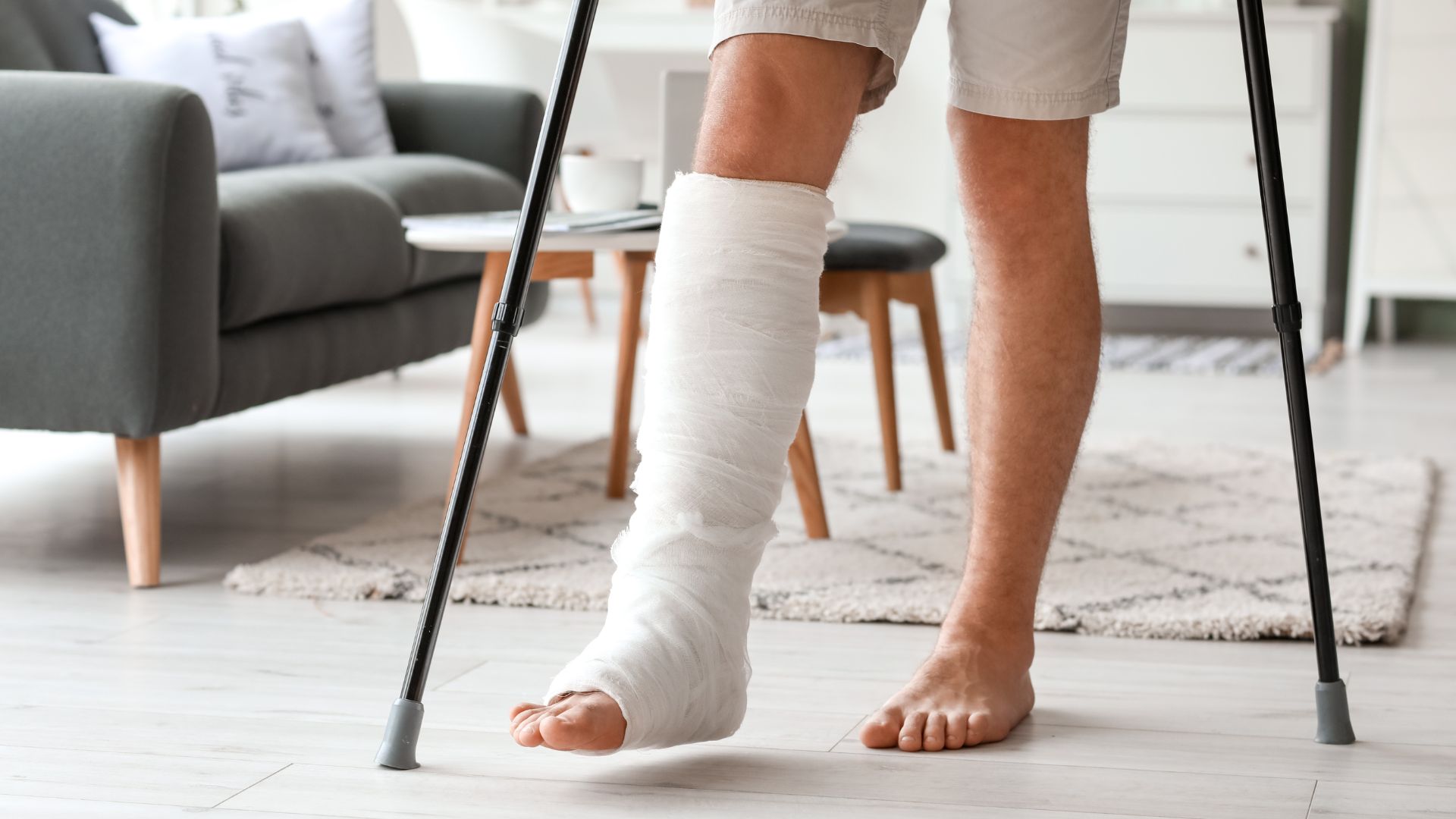
By John M. de Castro, Ph.D.
In today’s Research News article “Mindfulness-based stress reduction training supplemented with physiological signals from smartwatch improves mindfulness and reduces stress, but not anxiety and depression” (See summary below or view the full text of the study at: https://pmc.ncbi.nlm.nih.gov/articles/PMC12017836/ ) Sumińska and colleagues examined the effectiveness of Mindfulness-Based Stress Reduction (MBSR) therapy alone or in combination with smartwatch provided feedback on heart rate, breath, and movement. They found that MBSR produced significant increases in mindfulness and significant decreases in stress, anxiety, eating disorder symptoms, and intrusive ruminations. The addition of smartwatch physiological feedback further enhanced mindfulness.
Mindfulness-Based Stress Reduction (MBSR) training improves well-being.
CMCS – Center for Mindfulness and Contemplative Studies
This and other Contemplative Studies posts are also available on the Contemplative Studies Blog http://contemplative-studies.org
Study Summary
Sumińska S, Rynkiewicz A. Mindfulness-based stress reduction training supplemented with physiological signals from smartwatch improves mindfulness and reduces stress, but not anxiety and depression. PLoS One. 2025;20(4):e0322413. Published 2025 Apr 23. doi:10.1371/journal.pone.0322413
Abstract
Introduction
Mindfulness-Based Stress Reduction (MBSR) helps counteract the negative consequences of stress. An essential aspect of mind-body therapies is learning to be mindful of emotional reactions and bodily sensations, a process defined as interoceptive awareness. This awareness can also be enhanced by providing physiological feedback from a smartwatch. However, the impact of using smartwatch-generated physiological signals during mindfulness training has not been studied yet. The study aims at verifying, whether physiological signals from a smartwatch would support the MBSR.
Methods
We conducted a mixed-design randomized controlled trial to investigate the effects of MBSR training, with and without monitoring physiological signals via a smartwatch, on mental functioning parameters, with measurements taken at baseline and after 8 weeks. Participants were classified into three groups (N = 72): the MBSR group, the MBSR + smartwatch group, and the control group. Between measurement sessions, two groups of participants were engaged in MBSR training, while the third group did not participate in any training.
Results
Results showed a significant reduction in subjectively perceived stress levels, eating disorder symptoms, and intrusive ruminations in both groups participating in MBSR, compared to the control group. However, a notable difference emerged between the two MBSR groups: in the group with smartwatches, a significant increase in mindfulness was observed. In contrast, in the MBSR group without smartwatches, there was a significant decrease across multiple stress-related components, including: anxiety, cognitive impairment, addictions, sleep disorders symptoms, behaviors indicating lack of entertainment, and poor functioning.
Conclusions
The results suggest that supplementing MBSR with monitoring interoceptive signals by a smartwatch enhances mindfulness, and maintains the effect of stress and eating disorders symptoms reduction but does not decrease anxiety nor improve general mental functioning. This imposes the need for further research to investigate mechanisms involved when observing interoceptive signals by a smartwatch.




